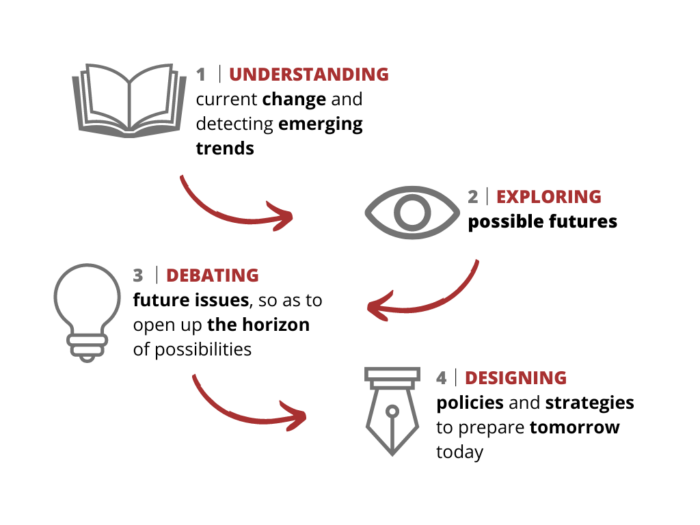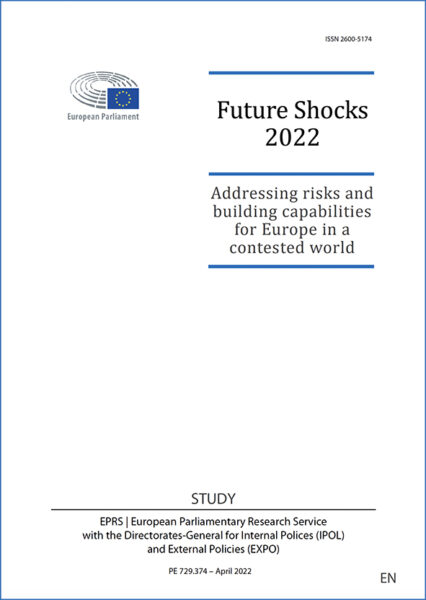An examination of the way values in several major fields have changed should not give the impression that European values are diverging, argue Pierre Bréchon, Olivier Galland and Jean-François Tchernia. Two main trends emerge from the surveys of values discussed here:
-The rise of “postmaterialism”: once material needs are met and there is a sense of security, people start to challenge traditional moral positions and instead emphasize aspirations such as self-expression or community participation. This trend was very marked in France during the three decades of post-war prosperity (the “Trente Glorieuses”) and has continued despite slower economic growth. These aspirations appear to complement rather than contradict each other: people today aspire to satisfy both their material needs and their postmaterialist concerns.
-The desire by individuals to decide for themselves what is good and bad, rather than allowing their opinions and behaviour to be determined by some higher authority, often a religious one. This trend has been growing for a long time, but it is quite distinct from selfish individualism that rejects any social norms or sense of belonging to a community. Admittedly individualism still exists, the authors stress, although in varying degrees depending on whether a country is traditionally Catholic or Protestant, but it is linked to a more or less strong sense of community, which inevitably means acceptance of certain rules of social behaviour, even a recognition of a superior “public good”.
Nevertheless, the authors find that there are major differences among European countries that turn out to be closely linked to whether they are traditionally Catholic or Protestant. This is also true of trends in Eastern Europe.
In conclusion they argue that there is a pattern of change peculiar to each country, if not region, although some countries are more homogeneous than others. Having examined the case of several typical countries, the authors conclude that some differences persist, with their roots in the past, although this does not prevent values from changing, albeit slowly, and reforming.
La dynamique des valeurs en Europe. Dimensions spatiale et temporelle
Cet article fait partie de la revue Futuribles n° 277, juil.-août 2002

